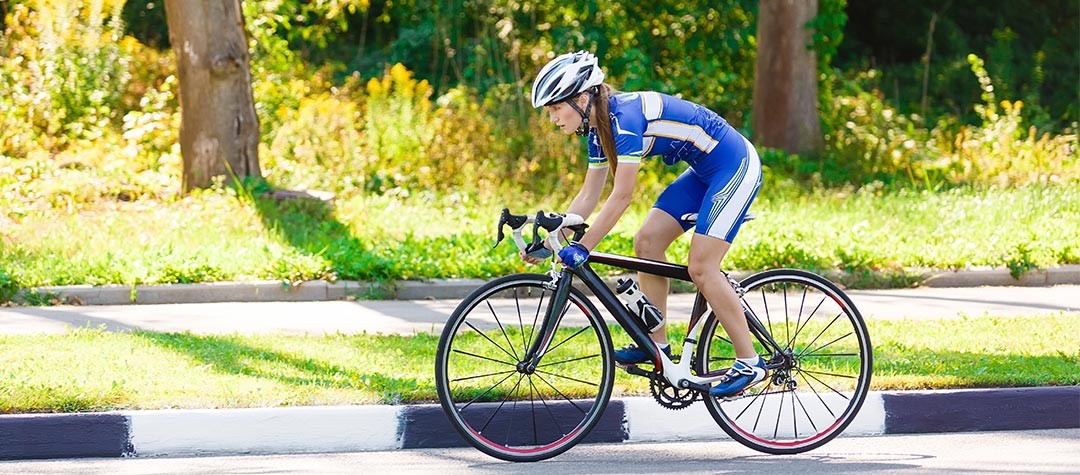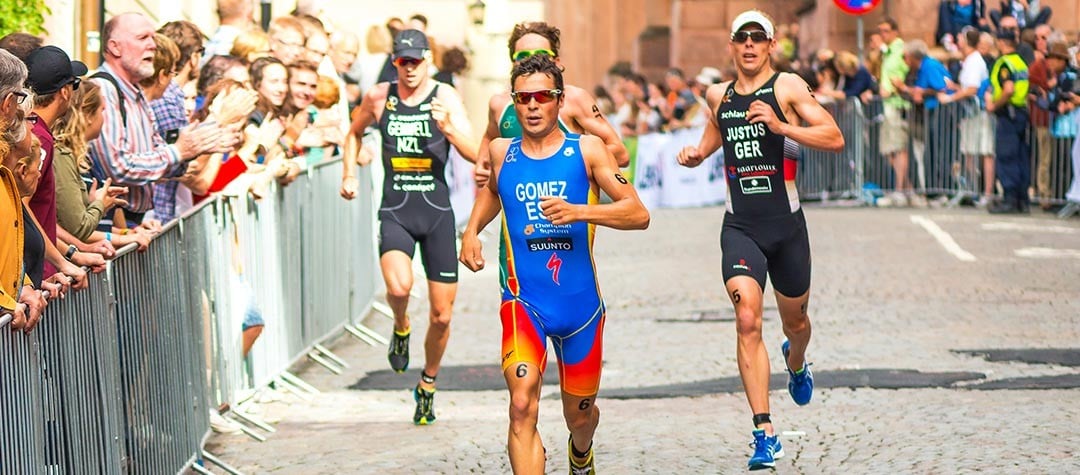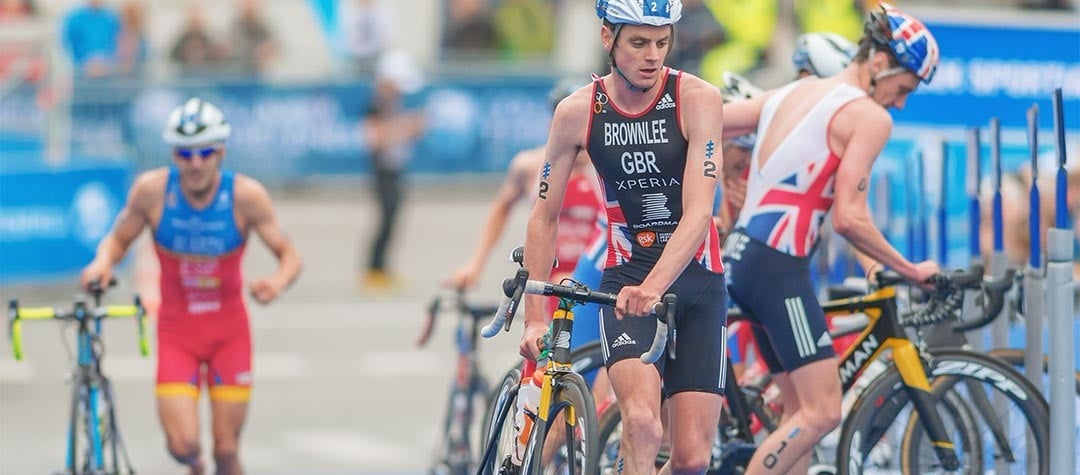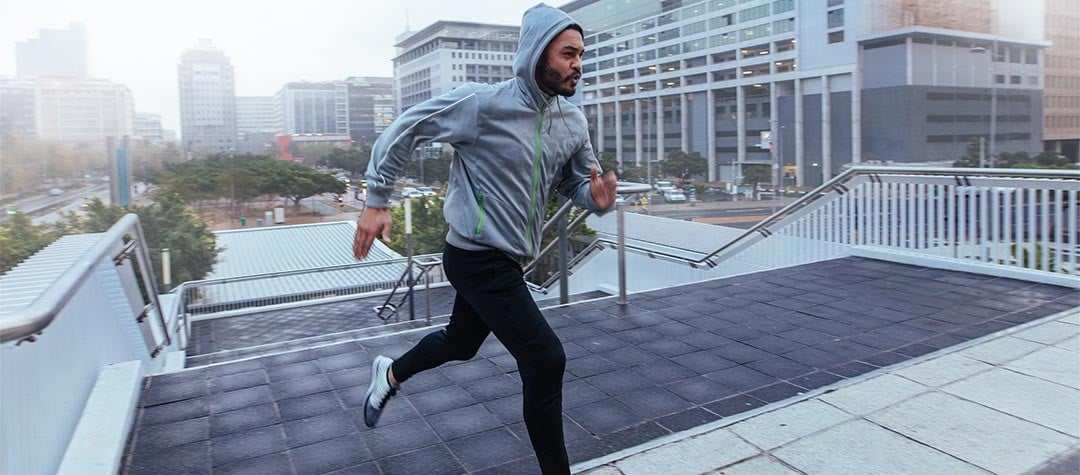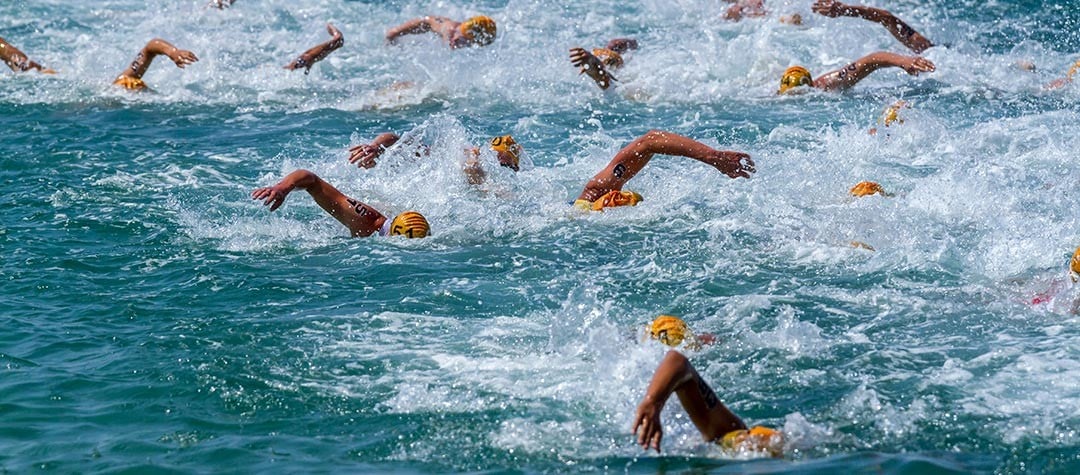Bad habits can so easily form in the triathlete’s training, especially when training becomes repetitive. Find out how to iron out those bad habits to be the best you can be.
This article is for the athlete who is conscious about reaching their best performance on race day - the serious athlete who wants to be the best they can be.
Most of us are doing triathlon and training because we enjoy it and it’s fun, but people also want to get different things out of it. I appreciate that when I’m talking about particular bad training habits, some people will always just love doing it this way and that should also not be criticised if that’s how they like to train.
A good balanced programme will have just the right amount of volume to have you over-loaded and tired at the right times and fresh when you need to be.
When setting out your training, the most important thing is to have a smart plan and try to stick to it. A good balanced programme will have just the right amount of volume to have you over-loaded and tired at the right times and fresh when you need to be. It should also leave you ready to perform with recovery built in to enable you to refresh and adapt from all the hard work you completed.
Follow the training plan with every session
It’s important to follow the plan and every session that you do should have a reason. If you go too hard on the wrong days then you won’t have the energy at the time when you need it.
Athletes with a bad training habit will sporadically turn up only when they it suits them, for example if the weather is nice and they feel strong. If they feel good then it’s likely that they’ll smash it and if they feel weak they will probably turn around early or take it easy. This happens because they aren’t training often enough or they’re training too hard at the wrong time and they’re fatigued.
A big giveaway and a big no-no is going out and racing the winter rides - the so-called ‘Winter Warriors’. There is no reason why you’d race a winter ride, the triathlon season is way off and this period should be about building your base fitness.
Avoid falling into the trap of overtraining
Due to the nature of triathlon training, it’s easy to overdo it . With three sports it may seem that you can almost never do enough training! Another bad training habit that is easy to spot is consistently turning up to the key sessions too tired and underperforming. This suggests that you’re overdoing it elsewhere in the week or you’re overtraining.
You can often spot signs of overtraining just from people’s faces, if they regularly look tired and they’re often in a quiet or bad mood. The key sessions are the days where you’ll really start to make the gains and improve and if you’re not arriving for a session buzzing and ready to perform then you probably have your training wrong.
Focus on lifestyle and refuelling
It’s important sometimes to look at an athlete’s lifestyle around the sport. Recovery is a key component of training. If you’re not recovering properly then you’re not going to get the full adaption from the hard training that you just did and backing up the big days will be tough.
You can spot someone with bad training habits if they’re not doing anywhere near enough for recovery. This includes not eating enough during and after training and if what they are eating is generally pretty unhealthy food.
Unfortunately training doesn’t really ever stop and annoyingly everything you do has an effect on your performance. If you want to be a good athlete then stretching, whatever little exercises you have to do, massage, physiotherapy and good sleep are all integral to the sport.
Finally I come back to 'the plan’. A training plan should always have light at the end of the tunnel. Consider what you are training for and what is the best way to get there in shape.
Normally you’ll train in blocks broken up often by a rest week to absorb all that hard work or a taper for a race . You shouldn’t ever plough through months and months with no real recovery. This will leave you stale, goalless and de-motivated.

